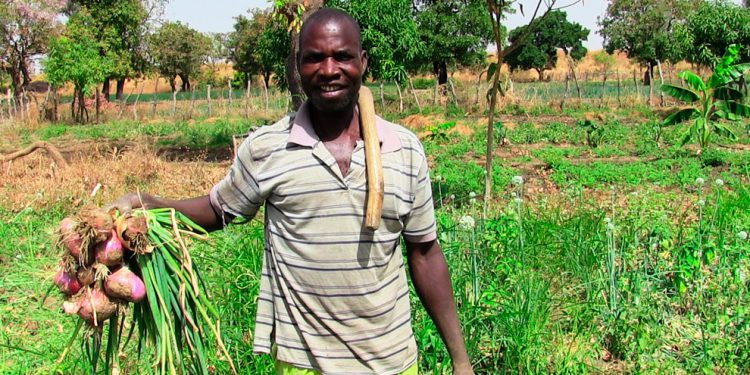Nana Kwame Gyamfi, the Project Coordinator of Cocoa Organic Farmers Association (COFA), has advocated a legislative Instrument that will ensure adherence to standards in the agricultural commodities sector.
He said in the wake of the increasing trade globalization, standards and grades played essential roles by defining the procedures and their effects especially in developing economies, which served as strategy for assuring quality and safety of marketers and consumers, niche definition, brand development and market penetration.
Nana Gyamfi added that related studies conducted have indicated that standardization and grading enable the producer to do proper differentiation and segmentation in serving customers.
His assertion followed a study conducted by COFA to establish the impact of the absence of a Legislative Instrument to guide agricultural commodities standardization in Ghana, a focus on the cocoa and maize supply chain.
The BUSAC funded study formed part of activities needed to pursue evidence-based advocacy for “Legislative Instrument (LI) to regulate agricultural commodities standardization”.
Nana Gyamfi pointed out that, the study was aimed at evaluating the existing standards in the cocoa and maize markets in terms of measuring units, grading and pricing in comparison with standards by Ghana Standards Authority.
The study also identified the need to have a functional enforcement mechanism, to facilitate new standards in the marketing of maize.
In cocoa and maize marketing currently, the most commonly used standard is the weight.
Nana Gyamfi, however, blamed the situation on the limited financial and technical capacity to implement food safety laws and regulations in the case of Ghana as established by the World Food Programme.
“Whereas some Regulatory agencies belonged to different Ministries and Departments which affected their ability to effectively harmonize implementation, approaches and enforcement of regulations developed by GSA, others are centralized with limited representation at the Metropolitan, Municipal and District Assemblies”.
Other challenges in the case of Ghana is the fragmentation of responsibilities to implement and enforce regulations and laws across different Ministries, Departments and Agencies (MDAs) leading to uncoordinated and ineffective implementation.
The COFA study further identified that many buyers only relied on physical observation in the purchases of the commodity without testing.
Nana Gyamfi therefore stressed the need for government’s commitment to support institutions to effectively deliver on their regulatory mandate in making Agriculture the backbone of Ghana’s economy.
GNA








